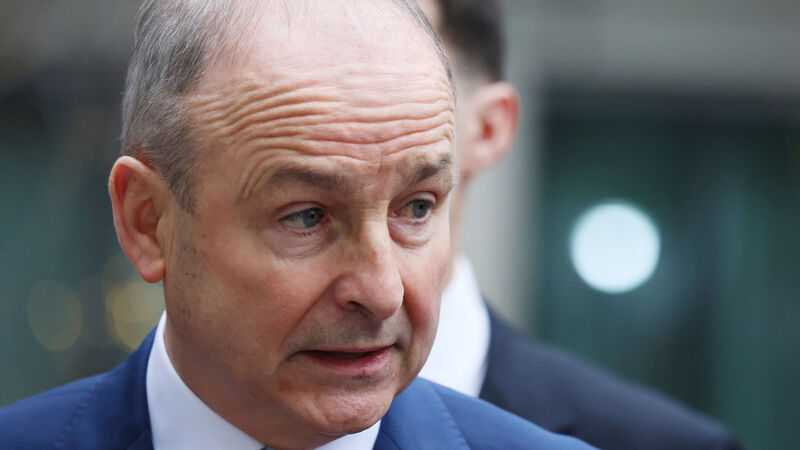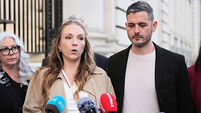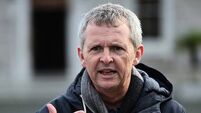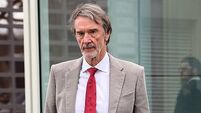Martin: Ireland will not block EU defence plans amid Russian threat

Taoiseach Micheál Martin: 'Overall we accept fully that many EU states are under real threat, existential threat and we must acknowledge that.' Picture: Stephen Collins/Collins
Ireland will not stand in the way of European countries' defence and security needs when it comes to the existential Russian threat, Taoiseach Micheál Martin has said.
Mr Martin joined EU leaders in Brussels at his first EU summit in his second term as Taoiseach. The summit is focusing heavily on European security and defence, including the implications of a potentially fractured EU-US relationship.














